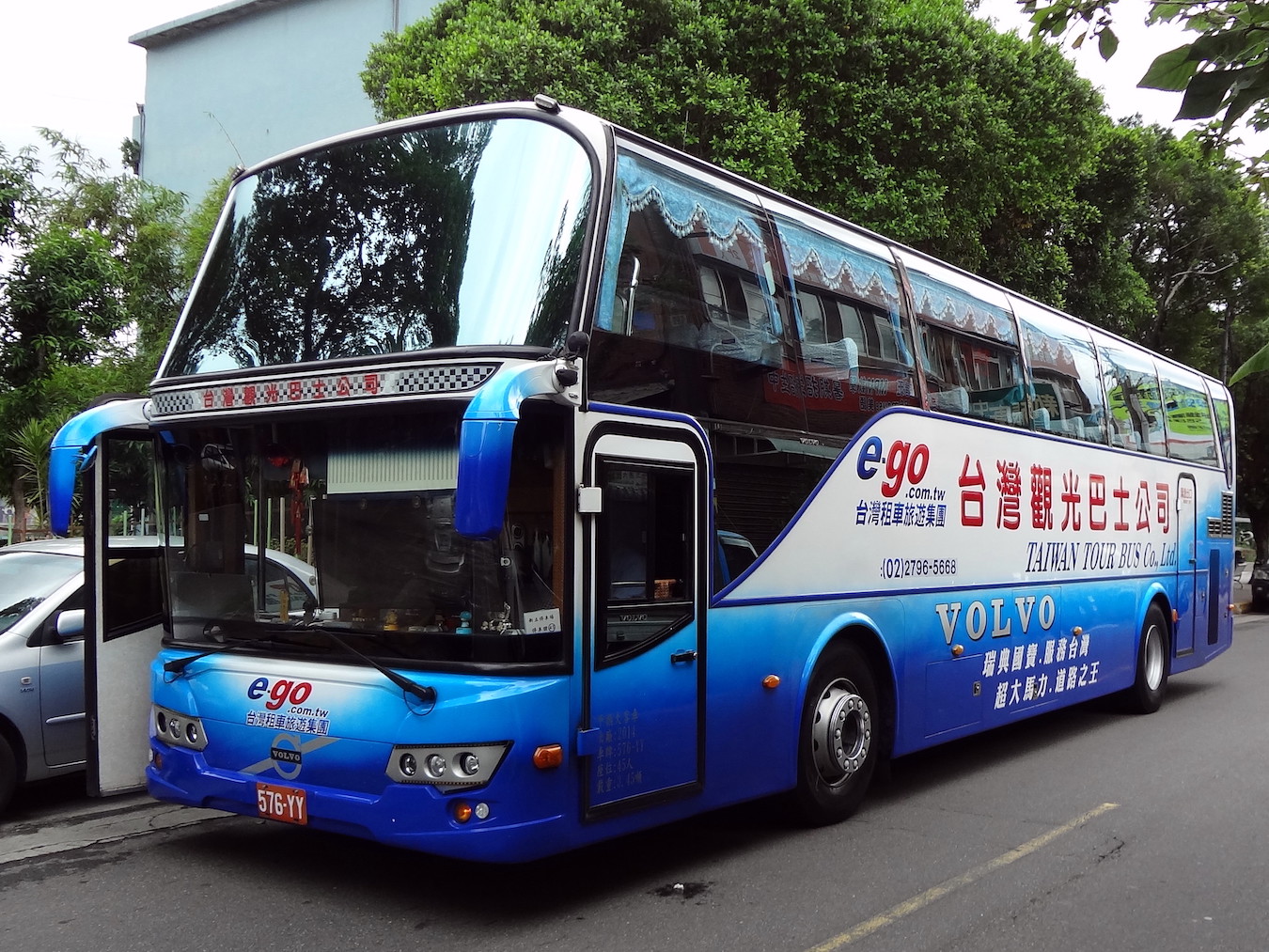by Brian Hioe
語言:
English
Photo Credit: Solomon203/WikiCommons/CC BY-SA 4.0
AROUND SIXTY DRIVERS from bus operator SF E-bus went on strike late last month, resulting in thirteen routes serviced by the company being unable to operate. Of 476 scheduled bus routes, 470 were canceled.
In particular, drivers were striking over unpaid wages. The company did not pay drivers on October 13th, as it promised, but stated that it would pay them on November 15th after receiving a government subsidy. This is what pushed drivers to strike, demanding that they be paid their salaries immediately.
The company did not pay performance bonuses in September either, with a number of routes being suspended then. The company appears to have had cash flow problems for some time, in spite of bus companies normally receiving subsidies for increased passengers over the Double Ten Holiday.
The company saw demonstrations by drivers in April, with 29 drivers asking for leave on April 17th and April 18th. This affected 40% of bus schedules.
The Taichung city government’s Ministry of Transportation and Communications (MOTC) has criticized SF E-Bus, not only regarding its failure to pay workers, but how the transportation rights of the public have been affected. The Taichung MOTC has suggested that it may suspend some routes that the company currently operates because of its actions or assign them to other companies.
To this extent, the company has been fined 2.35 million NT and 90,000 NT for violating its operating agreement with the city government and for violating the Highway Act. This will prove to be another blow to the bus operators’ finances, making it more difficult for it to keep operating–much less for it to pay workers.
 Photo credit: Solomon203/WikiCommons/CC BY-SA 4.0
Photo credit: Solomon203/WikiCommons/CC BY-SA 4.0
The Taichung MOTC stated that it would negotiate between drivers and the company. To this extent, the Taichung MOTC also called on the central government to intervene. Namely, apart from having greater authority and power, the central government owns 11% of SF E-Bus’ parent company, Tang Eng Iron Works Company Limited.
Nevertheless, to this extent, it is a fairly common practice in labor disputes in the transportation industry for union groups to call on the central government to intervene. In many companies in the transportation industry, particularly airlines, the central government’s Ministry of Transportation and Communications owns parts of the company. In many cases, it is the majority stockholder, as a result of which there are many companies accused of being de facto state-owned enterprises.
Otherwise, there is the similar pattern of appealing to the central government to intervene in labor disputes in public transport, though there has been a strong push by the MOTC toward the corporatization of the Taiwan Railways Administration in recent times. More generally, that the government often owns part of transportation companies points to the strong links between the state and transportation sector in Taiwan, as well as the murkiness between what counts as a state-owned enterprise and what does not. This is also the case regarding SF E-Bus. However, that it is the central government that owns part of SF E-Bus means that the KMT-controlled Taichung mayoral administration is also trying to deflect responsibility to the Tsai administration, in line with how local and central governments often try to ping-pong responsibility back and forth with each other, given tensions in the pan-Blue camp.
Yet it has generally been the pattern for social movement protests to appeal to the central government to intervene in past years. This is not only with regards to the labor movement, but other struggles, including anti-gentrification struggles. This, too, points to the preeminent position of the state in local struggles in Taiwan.
For its part, the bus drivers at SF E-Bus have not adopted a strategy of directly trying to appeal to the public, as observed of airline workers such as flight attendants and pilots in past years. Instead, the attempt is to pressure the company through wildcat strikes, and through government channels. That being said, the public has sometimes turned against workers that strike because their labor actions inconvenience them. As such, strikes sometimes are a tactic that can backfire for transportation workers, if this turns the public against them, and the managements they are up against are skillful in using that to turn public opinion against them.

